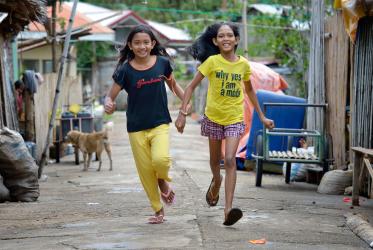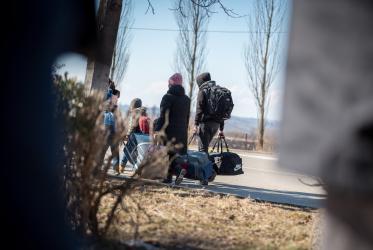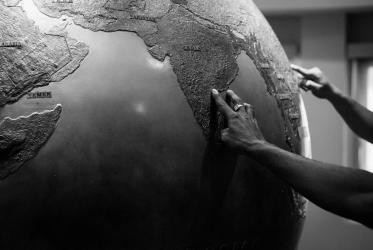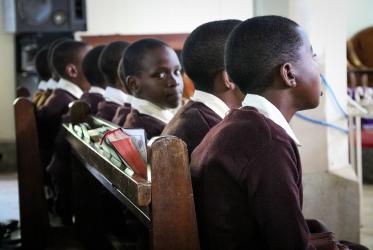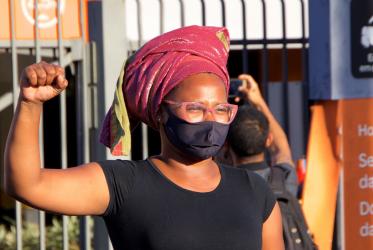Displaying 1 - 20 of 79
WCC prayer on overcoming racism “based on love for all”
28 March 2024
Upcoming webinar will focus on COVID-19 and caste discrimination
24 February 2022
Church of Sweden publicly apologises for abuse of Sámi people
26 November 2021
Webinar discussion precedes Africa & African Diaspora Conference
21 October 2021
WCC executive committee maps future with hope in uncertain times
19 November 2020


